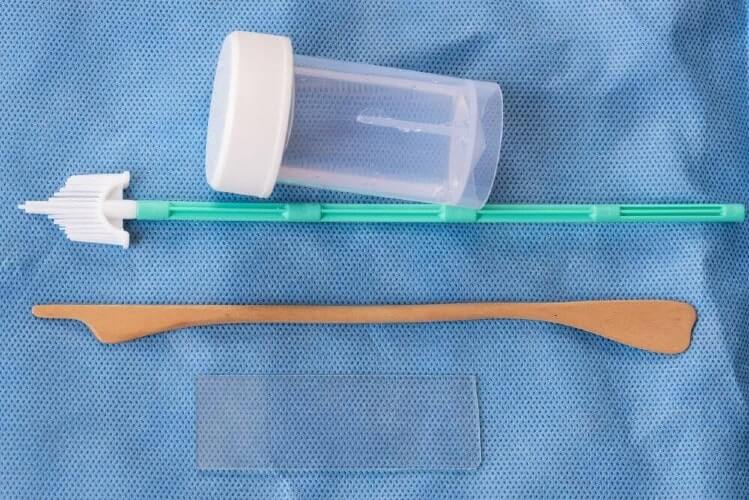Department of Obstetrics and Gynecology, Stamford Health
If all of this describes you, there are ways that your doctor can help.
What is a urogynecologist? Urogynecologists are doctors who complete training in general obstetrics and gynecology, and then go on to train more in problems women have with the female pelvic organs such as incontinence.
They will perform a physical exam during which they look for signs of your bladder, uterus, or rectum falling into the vagina. They will also likely ask you to cough, to see if your pelvic organs move.
They will send a urine sample to the lab to make sure you do not have an infection. Many will have you use the bathroom, then use a catheter to see if you are able to fully empty your bladder.
"I laughed so hard, tears ran down my leg."
Do you ever lose urine when you laugh, walk or even cough? If so, you are not alone. Many women sometimes leak, a problem called urinary incontinence. The most common kind of incontinence is loss of a little bit of urine with movement. This type affects 15% of women, or 1-2 in 10. It isn’t something many people talk about, and many women who could be treated never talk to a doctor about their symptoms.If all of this describes you, there are ways that your doctor can help.
What might have caused my incontinence?
- Anything that weakens the pelvic floor, including:
- Multiple pregnancies
- Vaginal deliveries, especially with pelvic tears
- Aging and menopause
- Prolapse of the female pelvic organs, where the support system to the uterus, bladder, or rectum becomes less strong and allows them to fall into or out of the vagina
Who should I see?
You can see your gynecologist. Depending on your primary gynecologist’s experience with incontinence and where you live, you may be referred to a specialist called a urogynecologist.What is a urogynecologist? Urogynecologists are doctors who complete training in general obstetrics and gynecology, and then go on to train more in problems women have with the female pelvic organs such as incontinence.
What will they do first?
Your doctor will talk to you about your symptoms and medical history. This is such a common problem for women that we even often screen for these symptoms – do not be embarrassed to discuss this with your doctor!They will perform a physical exam during which they look for signs of your bladder, uterus, or rectum falling into the vagina. They will also likely ask you to cough, to see if your pelvic organs move.
They will send a urine sample to the lab to make sure you do not have an infection. Many will have you use the bathroom, then use a catheter to see if you are able to fully empty your bladder.
What can help?
- Your doctor will explain Kegel exercises, which strengthen the muscles of your pelvis to support your pelvic organs.
- Some women can manage their symptoms by scheduling their trips to the restroom, such as trying to go every two hours.
- The most effective treatment is surgery to support the pelvic organs. There are different types of these surgeries, some of which take 10 minutes and some that involve a hysterectomy, or removal of the uterus. Your doctor can talk to you about which surgery might help you, depending on your symptoms and your physical exam.
- Women who are not a good candidate for surgery can use a support device called a pessary.
Featured Expert/ Author






)






